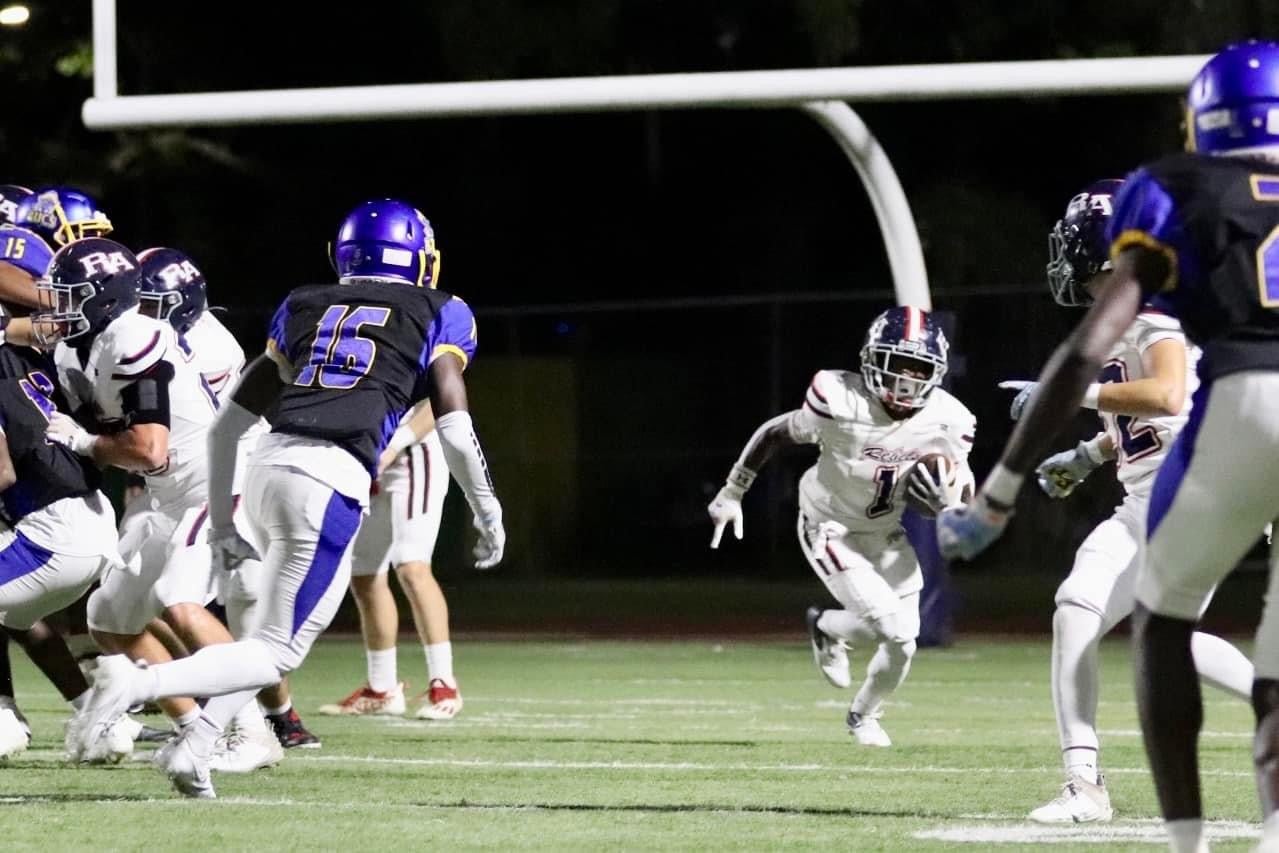OUTDOORS: Outdoorsmen hope for more prosperous seasons ahead
Published 12:00 am Tuesday, January 15, 2002
By DON DUBUC
Outdoorsmen have their wishes for more prosperous seasons ahead.
The Louisiana Department of Wildlife & Fisheries has a “wish list” of its own.
Officially it’s called a Strategic Plan. It’s a list of goals and objectives set for itself to accomplish over the next four years beginning July 1.
“We are always looking for better ways to do things and improve the services we provide,” said LDWF Undersecretary James Patton. “Due to a lack of new sources of revenue, LDWF’s annual budgets have been ‘no-growth’ for the last several years, but we are performing more effectively and efficiently.”
True, the agency has managed to do some pretty impressive work even though hamstrung by budgetary shortfalls.
But given a precursory statement like that you would think that finding a permanent, stable source of funding would be numero uno, top of the list, A-number one.
Surprisingly, any effort to properly fund one of the state’s most important agencies appears nowhere on an otherwise excellent list.
And the fact that there’s no money in sight makes that list all the more unrealistic.
The only push to increase revenues lately was last year’s hike in resident and non-resident fishing and hunting fees.
While a moderate increase was overdue, the original increase nearly caused a war between Louisiana deer hunters and Mississippi anglers. What the LDWF needs monetarily can’t be solved by hitting up hunters and fishermen.
Nor should it be.
The LDWF serves much broader interests than just those who hunt ducks or catch bass.
The entire seafood and fur industries, protection of non-game and endangered species, water quality monitoring, noxious aquatic plant control, nuisance animal removal, nature and environmental educational programs, general boating safety enforcement and educational programs are among its duties beyond managing and enforcing fish and game populations.
From being able to catch more, bigger fish to shopping for seafood to ensuring a healthier environment, every man, woman and child in this state relies on LDWF.
The comprehensive responsibility of LDWF is undeniably tied to the success of ecotourism, a major industry for the state.
And that means that funding such a significant agency is everyone’s responsibility.
So how is that done?
There have been legislative attempts to tap into the fuel tax by dedicating either a percentage of all fuel sales taxes or dedicate those sold for marine use only to LDWF. There have also been bills to create or dedicate small percentages of sales taxes.
Both haven’t gotten much attention and they won’t until the public demands it. And that won’t happen until the average citizen fully realizes the crucial role that LDWF plays in their lifestyle.
One of the goals under the plan is to educate the public about the LDWF’s role but it needs to take that a step further. Unless LDWF makes an addition to its Strategic Plan to seek public support and assistance in securing adequate funding this noble agenda will be one tough mission.
Achieve a 2 percent reduction in boating accidents annually per 100,000 boats.
Decrease hunting accidents to 5 or less annually per 100,000 licensed hunters.
Increase economic impact of seafood by 1 percent real growth from 1996 base.
Provide wise stewardship on all WMAs and Refuges and maintain or enhance access on at least 8 percent of land base and 90 percent of roads and trails each year.
Annually exceed by 1 percent long-term national trend of hunting license holders.
Increase acreage of private lands where technical assistance to enhance wildlife habitat is provided.
Increase number of age-based stock assessments from 4 to 6 marine finfish species.
Improve management measures to ensure no major fish species are overfished.
Increase working hatchery ponds from 70 to 113 to meet stocking requests.
Increase lakes evaluated for Florida bass stocking success from 20 to 30 per year.
Increase public awareness of the department’s management of state wildlife and aquatic resources through new and expanded public information campaigns.
Increase Louisiana Conservationist magazine readership and to include non-traditional interest groups.
Slidell hunter saved from chilly death
A 75-year-old duck hunter from Slidell owes his life to LDWF Enforcement agents and employees of Breton Sound Marina in Hopedale.
Earlier this week Sammy F. Adams became stranded on a mudflat in the Biloxi WMA when his boat ran aground.
Adams tried to push the boat but only ended up chest deep in 48-degree mud and water for more than five hours.
Lt. Brian Clark and Pilot Gene Rackle located Adams from a seaplane but couldn’t get to him because of the low tides.
They were able to direct “Doody” Chaplain and Glen Sanchez, who were already searching by boat to Adams’ location. The pair brought Clark and Adams’ son Keith to the boat but they were unable to free him from the mud.
Finally, they had to pull him out using the boat and Adams was transported to the marina where he was treated for advanced effects of hypothermia.
“It’s fortunate that the rescuers were successful. The water temperature was 48 degrees and overnight survival prospects in that environment were very slim,” said LDWF Region 8 Enforcement Chief, Captain Sandy Dares.
DON DUBUC is the outdoors reporter for L’Observateur.





